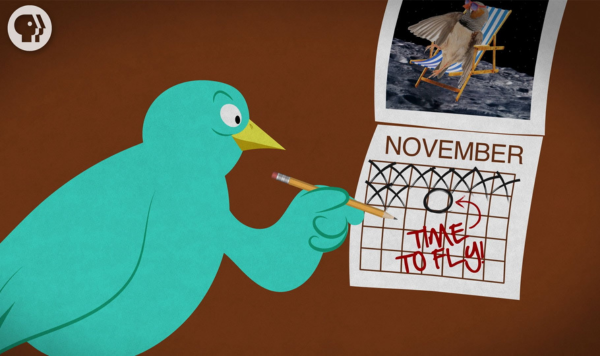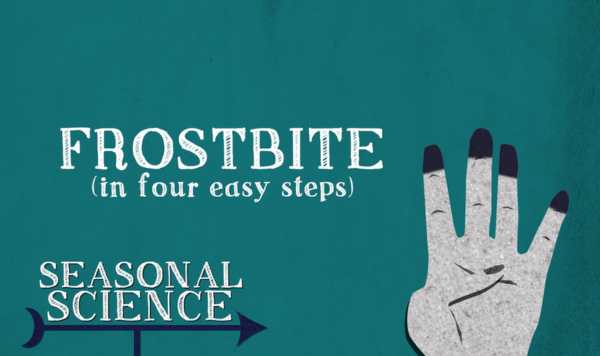One of our district school improvement goals this year is to increase reading and writing in all subject areas.
One of our task forces, led by Secondary Literacy Coordinator Angie Shannon, is focusing on strategies and instructional techniques to support this area. Their work may be found on the SEP School Improvement site. Disciplinary literacy recognizes that each discipline has specialized vocabulary and skills that are unique to that subject. Disciplinary literacy refers to how an expert in a discipline (i.e., science, history, mathematics, literature, and other subjects) uses specialized knowledge and abilities to read, write, think and communicate. (Shanahan & Shanahan, 2008). Below are some examples of disciplinary literacy (Sedita, 2024)
History
Experts in history interpret primary and secondary sources, corroborate sources, and use the past as a prelude to the future. They have the ability to analyze historical documents, attending to bias and perspective, and evaluate the credibility of different sources of information. They also construct evidence-based accounts of probable historical events.
Mathematics
Experts in mathematics decipher mathematical notation in the form of symbols and Greek alphabet letters that represent math concepts. They process abstract ideas, estimate, and generalize. They also understand specialized vocabulary, including words that have different meanings in mathematics than in everyday use (e.g., plane, product, expression, operation, problem).
Science
Experts in science participate in scientific exploration and reasoning. They interpret data, charts, models, illustrations, and lab notes. They also conduct experiments and systematic observations, consider new hypotheses or evidence, and read and write scientific explanations.
English: Literary Works
Experts in literary study closely, read, and examine texts in multiple genres. They recognize literary devices such as hyperbole and personification. They also look for metaphors, conflict, and other features of literature to interpret text. This includes interpreting the symbolism in poems, or how a poem’s form contributes to its theme.
Here are some additional examples of how different subject area read, write, and think about their discipline.
To get started and/or build on your team's work, you may want to consider the following questions:- Do students read in your subject area every day in class?
- Do students write in your subject area every day in class?
- Do students hear complex text read aloud in every discipline?
- Do students think critically and solve problems?
- Do students collaborate to find, evaluate, and apply new learning?
Below are some additional recommendations:
Thank you for all of your work to support student learning. Additional resources are listed below.
Disciplinary Literacy Task Force
Disciplinary Literacy
Teaching Literacy Skills for Real Life
Disciplinary Literacy Means Doing the Discipline
Helping Students Read Complex Texts








